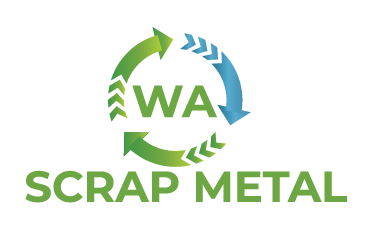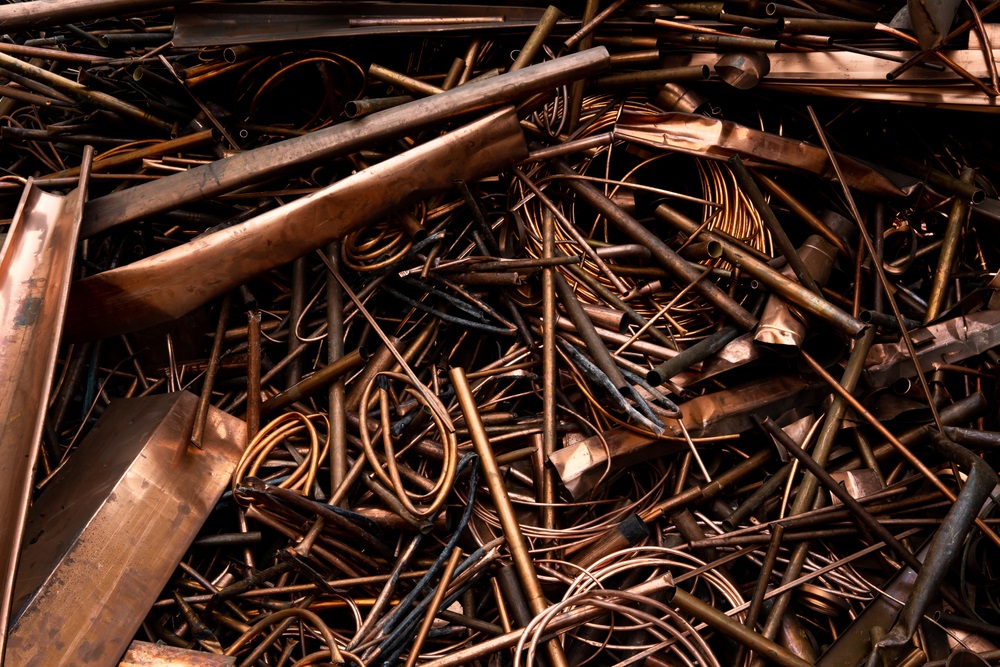Things You Need To Know About Copper Recycling
Our modern world has been significantly shaped by copper, an essential metal. Copper is a crucial component in many sectors, from electrical wire to plumbing systems, from infrastructure for renewable energy sources to telecommunications networks.
However, it is essential to investigate the possibilities of copper recycling as we work towards a sustainable future. Let’s explore the intriguing world of copper recycling and learn how it helps create a sustainable future.
The Versatility & Uses For Copper In Modern World
Copper has been an essential component of human life in many different spheres, from ancient civilisations to contemporary technologies. It is an essential metal for a vast array of applications because of its distinctive qualities and exceptional conductivity.
So, where to find copper in the modern world?
Let’s examine the uses for copper and its various applications in the modern world. Since copper is a valuable metal in many industries thanks to its flexibility and special qualities.
What Are Copper Used For? The Science Behind Copper’s Success
- Copper’s amazing conductivity is an electric powerhouse
- Thermal characteristics of copper in sustaining cooling and efficiency
- Antimicrobial properties of copper a defensive mechanism from infections
Copper Uses in Infrastructure & Construction
- Plumbing made of copper has provided clean water for ages
- Copper uses in electrical systems and all the wiring across the globe
- The durability of copper in roofing and construction
Copper’s Contribution to Transportation
- Copper in the Automotive Industry: Improving Efficiency
- The use of copper in railway systems supply of locomotive power and signals
- Use of copper in maritime applications everything from shipbuilding to preventing rust
Copper in Communication and Technology
- The essential copper wires serve as the foundation of communication networks.
- Smartphones, laptops, and other consumer devices that use copper
- Powering the green revolution with Copper’s Role in renewable energy
Copper in Healthcare and Medicine
- The antibacterial properties of copper in medical facilities
- Medical gadgets made of copper: improvements in diagnosis and treatment
- The significance of copper in diet-related nutritional status and health
Copper in Art and Design
- Sculptures, jewellery, and ornamental objects made of copper
- The ageing patina effect The distinct ageing process of copper
- The adaptability of copper in contemporary interior design
Environmental Benefits of Copper
- Recyclability of copper: A sustainable option for a circular economy
- Copper in green construction methods: energy-efficient architecture
- The contribution of copper to the reduction of carbon emissions
Role of Copper Recycling in Building a Sustainable Future
Did you know that one of the most valuable and often recycled metals worldwide is copper?
Scrap copper recycling is essential for preserving natural resources, cutting waste, and lessening the negative effects of mining and manufacturing on the environment.
So, if you are still asking the question “Can copper be recycled easily?” Then keep reading. The following piece will examine the details of copper recycling, its advantages, and how you can recycle copper and support this environmentally friendly practice.
The Advantages of Copper Recycling
Recycling copper has many advantages beyond those related to the environment. The following are some major benefits of copper waste disposal:
Environmental Value of Copper Recycling
- Conserving Natural Resources: Since deposits of copper are limited, searching for additional ones may have a detrimental effect on the ecosystem. By recycling old copper, we can reduce the demand for new copper. According to the International Copper Study Group, recycling copper can save the energy needed for primary production by up to 85%.
- Minimizing Landfill Waste: Copper is non-biodegradable; mishandled disposal of copper goods results in their continued presence in landfills. Recycling copper items allows us to keep them out of landfills and reduce waste buildup.
Economic Value of Copper Recycling
- Job Creation: Because it creates jobs, scrap copper recycling has enormous economic advantages. A competent team is needed in recycling facilities to gather, classify, and process copper products. Promoting the copper recycling sector benefits both domestic and international economies.
- Cost Savings: To answer the query “Is copper expensive?” Yes! Virgin copper is expensive. In several industries, recycling copper may result in significant cost savings. For instance, recycled copper may be purchased by producers of electrical and electronic equipment for less money than virgin copper.
Advanced Separation Techniques: Innovative Approach to Copper Recycling
Modern separation methods have completely transformed copper waste disposal in recent years. Hydrometallurgical procedures, for example, are cutting-edge copper recycle methods that make it possible to efficiently extract copper from complicated materials.
These developments have increased the variety of copper waste disposal sources that are recyclable, including low-grade ores and industrial by-products.
Scrap Copper Recycling Process
Let’s examine the copper recycling procedure with its significance and benefits:
- Collection: The first step to recycle copper is its proper collection from various resources, including electrical wire, plumbing fittings, electronic equipment, and industrial machinery. This is then sourced to scrap yards, specialised recycling businesses, or municipal recycling programmes.
- Sorting and Shredding: The copper scrap is first separated from other materials once it has been collected. To make further processing easier, the scrap metal is then shredded into small fragments.
- Melting and Purification: Shredded copper scrap is melted in a furnace to remove impurities and separate it from any non-copper items. The copper is then moulded into ingots or other shapes for later use.
- Fabrication: Recycled copper may be utilised in a variety of fields, such as plumbing, electronics, automotive, and construction. It is changed into new items or incorporated into current production techniques.
How You Can Contribute to Copper Recycling
Participation of communities is necessary for copper recycling to be successful. Copper recycling can benefit from the active participation of people, industries, and communities. Here are some ways to participate in “copper recycling near me” programmes.
- Separate and Recycle: When discarding materials containing copper, such as pipes or wires, separate them from other types of waste and recycle them through specified recycling programmes.
- Donate or Sell: Instead of just dumping away old copper things like appliances, electronics, or plumbing fixtures, think about donating or selling them. By doing this, you make sure the copper is recycled and given a new life.
- Support responsible recycling: Choose recycling facilities that comply with environmentally sustainable practises and responsible disposal of hazardous items to support responsible recycling.
- Invest in recycled copper products: Consider buying products manufactured from recycled copper to support the market for recycled resources.
Recycle Copper for a Sustainable Future
Are you ready to create a real difference in building a sustainable future?
- It begins with an easy yet effective action: Recycling Copper!
We can all contribute to building a greener, more sustainable future by being aware of the value of recycling copper, being familiar with the recycling process, and actively taking part in recycling activities.
- Take action now and create an impact.
Bring your copper scrap, discarded wires, and unwanted parts to one of our copper recycling near me facilities. We make sure that every ounce of copper is processed, graded, and handled safely to maximise value extraction and reduce environmental impact.
Make a difference for the environment by embracing copper recycling.


